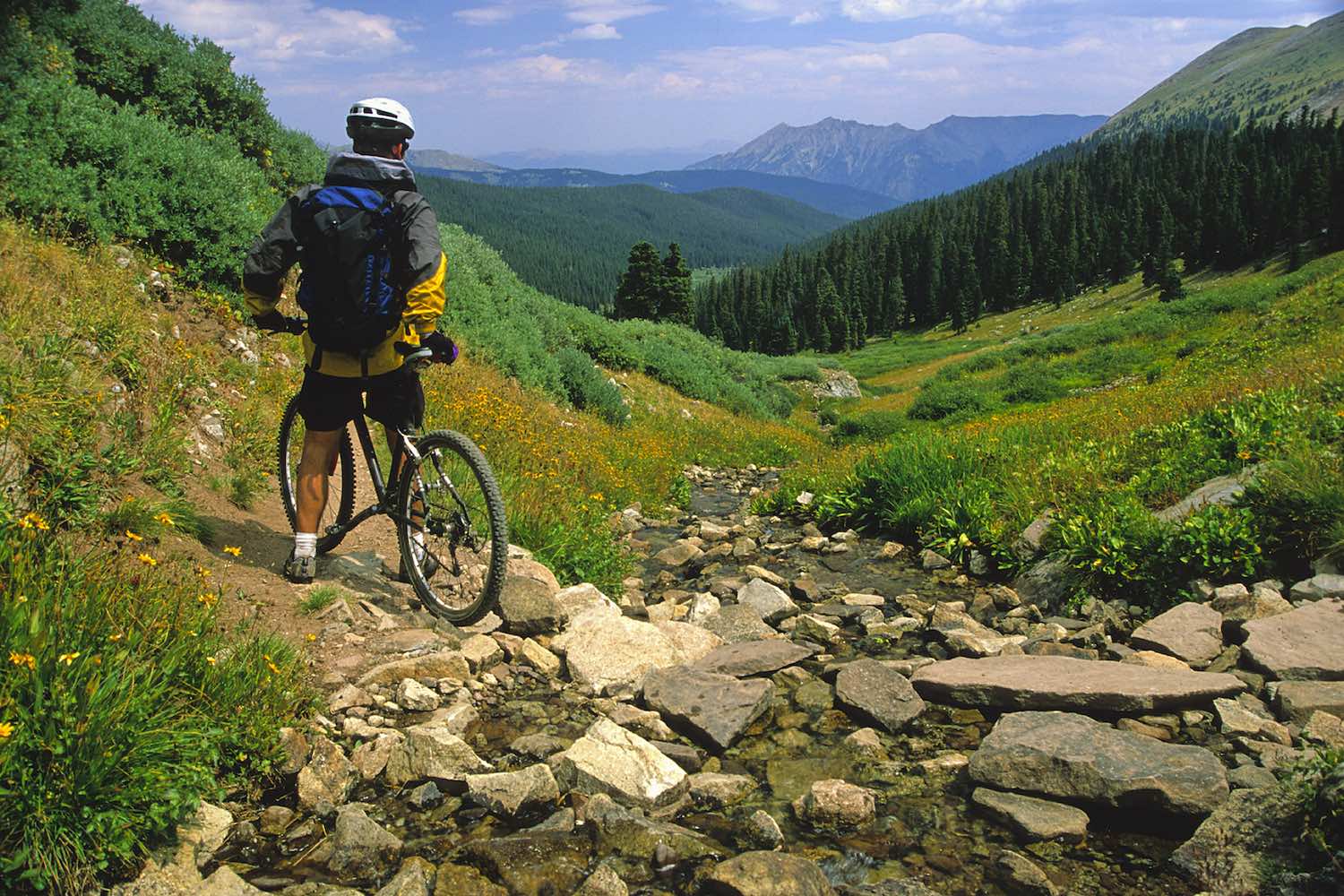With both Breckenridge and Copper Mountain sitting at base elevations of 9,500 ft above sea level, it’s safe to say that we’re a little high up over here. Although the scenery at Summit County is spectacular pretty much year-round, enjoying it does come with the risk of developing altitude sickness.
For those unfamiliar, altitude sickness is a term for the collective symptoms you can experience from over-exerting yourself at higher elevations. These symptoms commonly manifest as hangover-like symptoms – dizziness, aches, nausea, etc. However, altitude sickness can also elevate into more severe high-altitude edemas, which you definitely want to avoid
Not to worry though as it’s fairly easy to prevent all forms of altitude sickness so long as you follow the proper precautions and keep an eye on your condition. The 5 tips we’ve laid out below should keep you safe and in great shape to enjoy Summit County’s fantastic mountain landscape!
1. Spend Time Acclimating
The main reason why people develop altitude sickness is that they fail to recognize how differently our bodies behave at higher elevations. The lack of oxygen and lower atmospheric pressure this high up makes doing anything noticeably more difficult, especially if you’re coming from sea level.
For your Colorado trip, plan on taking a day or two to acclimate to the altitude. Try out some of the more leisurely activities like shopping at Copper Mountain’s resort or the Village at Breckenridge. Doing this not only gives your body time to get used to living in Colorado’s high country, but you’ll get a better lay of the land for wherever you’re staying in Summit County.
2. Drink A LOT of Water
Staying hydrated is perhaps the single best way to prevent altitude sickness, and you should even start drinking more water leading up to your trip. At higher elevations you need to be drinking at least an extra 1-1.5 liters of water per day, and you’ll need more if you’re out hiking, skiing, or doing any other form of exercise.
In addition to drinking water, you can keep your hydration up by avoiding beverages with caffeine or alcohol. Of course you don’t have to completely cut your morning coffee or evening craft beer, but cutting back will drastically help prevent altitude sickness. Plus, at higher elevations, you’ll feel the effects of any alcohol you consume much more than you would at sea level, so a little will still go a long way.
3. Go Slow and Take it Easy
As previously mentioned, pretty much all forms of exercise are more difficult at higher elevation. However, many of Colorado’s signature activities do require some exertion to participate in them. How do you avoid over-exerting and getting altitude sickness? Take things easy and go slower than you think you need to.
Despite all the warnings about the lack of oxygen and whatnot at altitude, some folks just don’t pay attention to their bodies when they arrive. Over-exerting yourself is like jumping on the express train to altitude sickness. We fully get how exciting it is to explore these fantastic areas in Summit County, but do yourself a favor and explore them a little slower. You’ll have more fun and save yourself from the headache of altitude sickness (literally!).
4. Stay Well-Nourished
Just as with keeping hydrated, you want to make sure that your body is getting all the nutrition it needs to stay strong at high elevation. Fruits, vegetables, whole grains, and pasta are great for stabilizing blood sugar and providing energy. When dining, avoid eating too many salty foods since they tend to be dehydrating.
Fortunately, here in Breckenridge and Copper Mountain, there are a ton of restaurants that have their menus stuffed with great meals. Check out the many Breckenridge and Copper Mountain dining options to stay nourished on your trip!
5. Consult a Health Professional
Although it might sound excessive to check in with the doc before your trip, it could be invaluable for making sure you’re ready to go all-in at the high elevation. Especially for those with pre-existing conditions or who’ve had altitude sickness before, a health professional can help provide additional altitude strategies or prescribe appropriate medication.
Stay safe and let your doctor know that you’ll be traveling to higher elevations ahead of time. If you do develop more severe altitude sickness symptoms, then you’ll want to contact them or another health professional to get medical attention immediately.
BONUS TIP: Check Out an Oxygen Bar
In both Breckenridge and Copper Mountain you can pick up some supplemental oxygen at a store or oxygen bar. This’ll help keep you feeling extra fresh and energized at the higher elevation. If you want to keep a steam of oxygen going, then you can have oxygen machines delivered right to your vacation rental to use throughout your stay!
When it comes to preventing altitude sickness, the best thing to do is to listen to your body and keep it in check. By taking the time to take care of yourself and acclimate to Colorado’s high-altitude environment, you’ll ensure that your Summit County vacation stays safe and fun!
Lastly, for your trip to Summit County, be sure to book one of our luxurious vacation rentals in Breckenridge or Copper Mountain. A stay with Exclusive Vacation Retreats takes your vacation from great to extraordinary!



